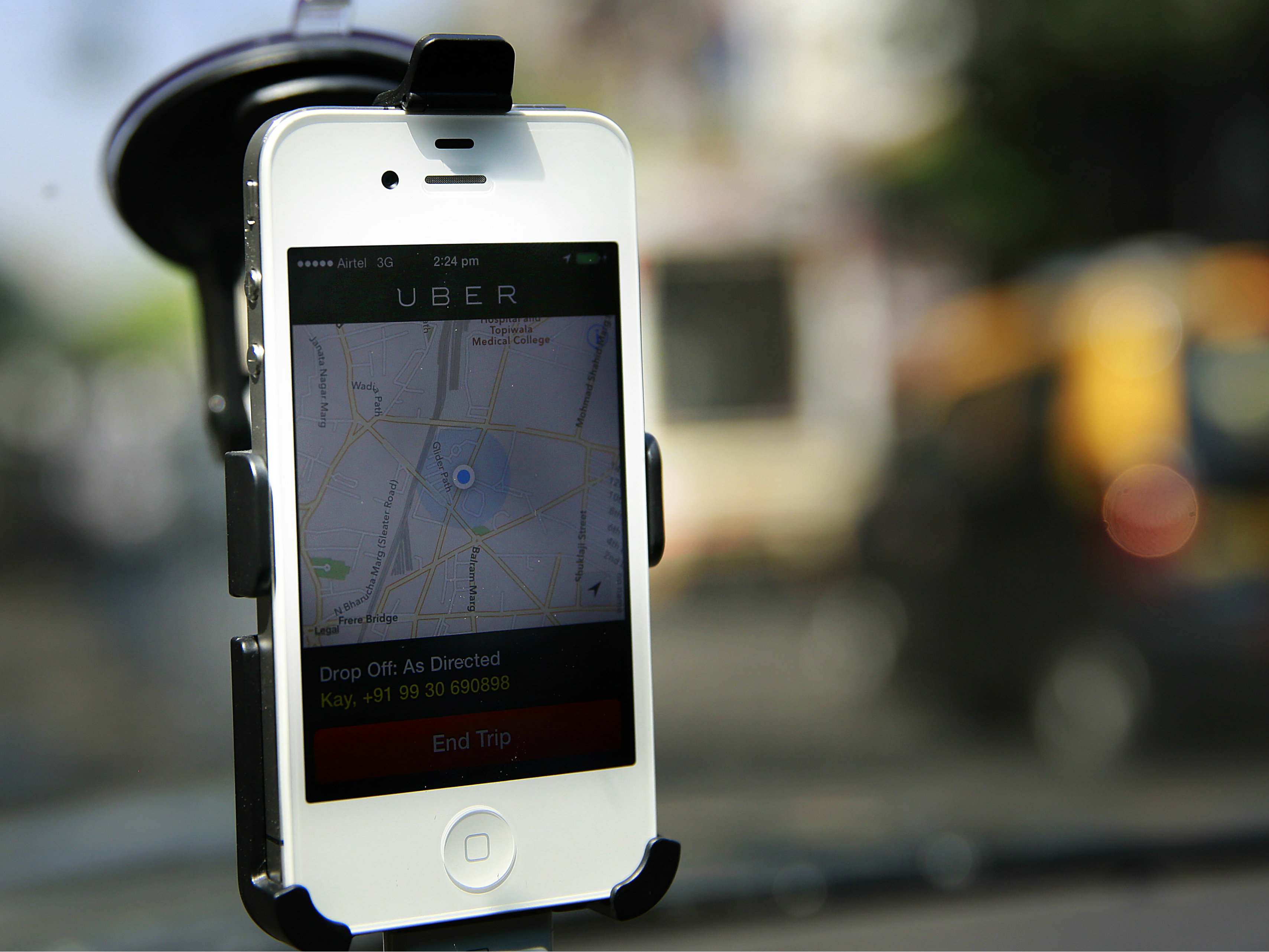
Colorado's sharing economy is taking off with services like Air BnB, Uber, DogVacay and TaskRabbit.
They can make life more convenient for people who use the services, but critics say, among other things, that they're not good for the workers involved.
One of those critics is Jeffrey Pfeffer, a professor of organizational behavior at Stanford's School of Business and a columnist for the financial publication Fortune.
"The idea that we're going to have hundreds of thousands of people driving part-time for Uber and this is going to solve our problems of unemployment and stagnant wages ... there's just no evidence for that whatsoever," he tells Colorado Matters. "What kind of an economy do we live in where people really need to do that in order to get by on a day-to-day basis?"
Hundreds of Denver properties can be found on short-term vacation rental websites like Air BnB and VRBO.
Buffy Gilfoil, who lives in the Lowry area, is among those who have turned their home into a money-making venture through short-term rentals. Her home contains all things Colorado: maps and history books, throw pillow with the state's name stitched across it, a snow globe featuring miniature Denver landmarks.
"I feel it's important to have short term rentals in a city, because I think some travelers are going to want to travel that way," she says. "If we don't have that in Denver, they're going to go some place else."
Others, like Deb Henriksen, who lives by a rental home in Denver’s Baker neighborhood, are frustrated by the revolving-door neighbors who visit the city, party and leave.
“Are they going to fall asleep with a joint next door and set fire to anything?” she wonders. Her husband, Ben, says the city needs to adopt some rules.
After the state set some rules for ride sharing, Denver officials are focusing on the short-term rental market in a city where it’s currently illegal to rent out a home for less than 30 days.
Under a draft ordinance, a homeowner who rents a property on a short-term basis would be required to obtain a permit and would have to pay a lodger's tax, similar to the one that is imposed at hotels. And safety measures like properly installed fire detectors would be required.
The ordinance also would require that the home be the owner's primary residence. Susman says that's because people who buy second properties for short-term rentals increase demand for housing. That drives up prices and impacts an already brutal affordable housing market in Denver.
Clark Stevens, an Air BnB policy specialist, says the primary residence requirement won't be a problem for most of their hosts.
He also doesn’t think owners mind paying a fair tax rate or be required to follow reasonable regulations. But the primary resident requirement could impact vacation rental agencies like VRBO. Its clientele are owners who rent out their second homes.
VRBO co-founder Carl Shepherd says he doesn’t believe the number of short-term rentals in Denver is high enough to contribute significantly to rising home prices. He also says it's impossible for cities to enforce primary residential status because it easily can be faked. And he argues that vacation rental owners are being blamed for what apartment renters actually do -- renting an apartment and then using it as a short-term rental without all of the costs homeowners would face.
Gilfoil said she hopes that the regulations aren’t too restrictive. She rents a room in her home because she needs the income.
“I'm in transition, looking for work. I feel this helps pay my expenses while I'm looking for work," she says.








